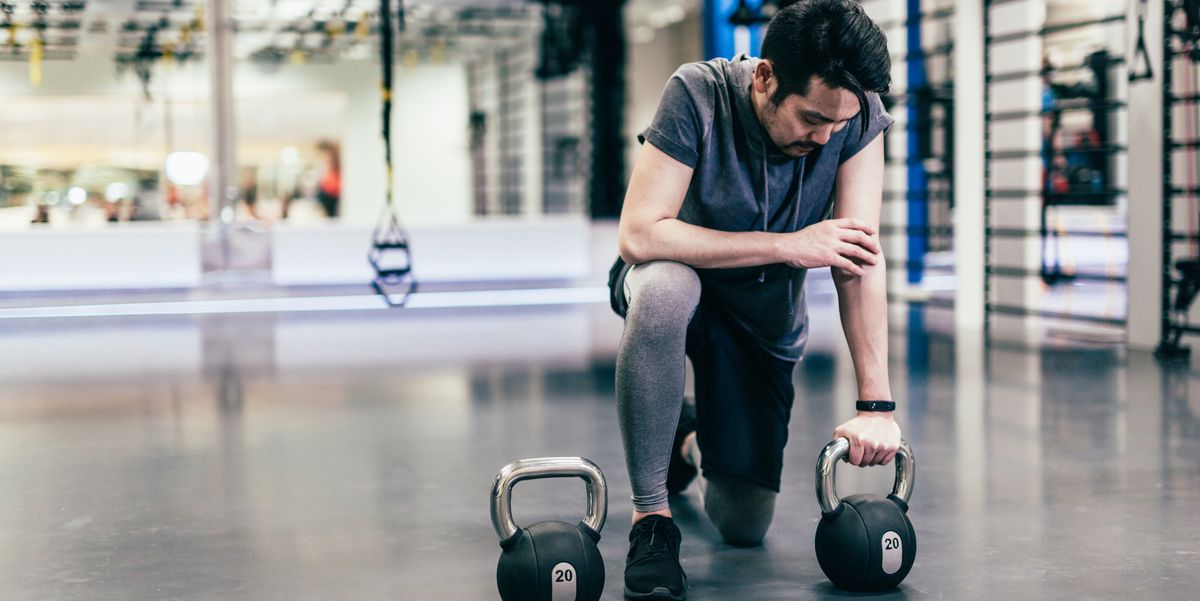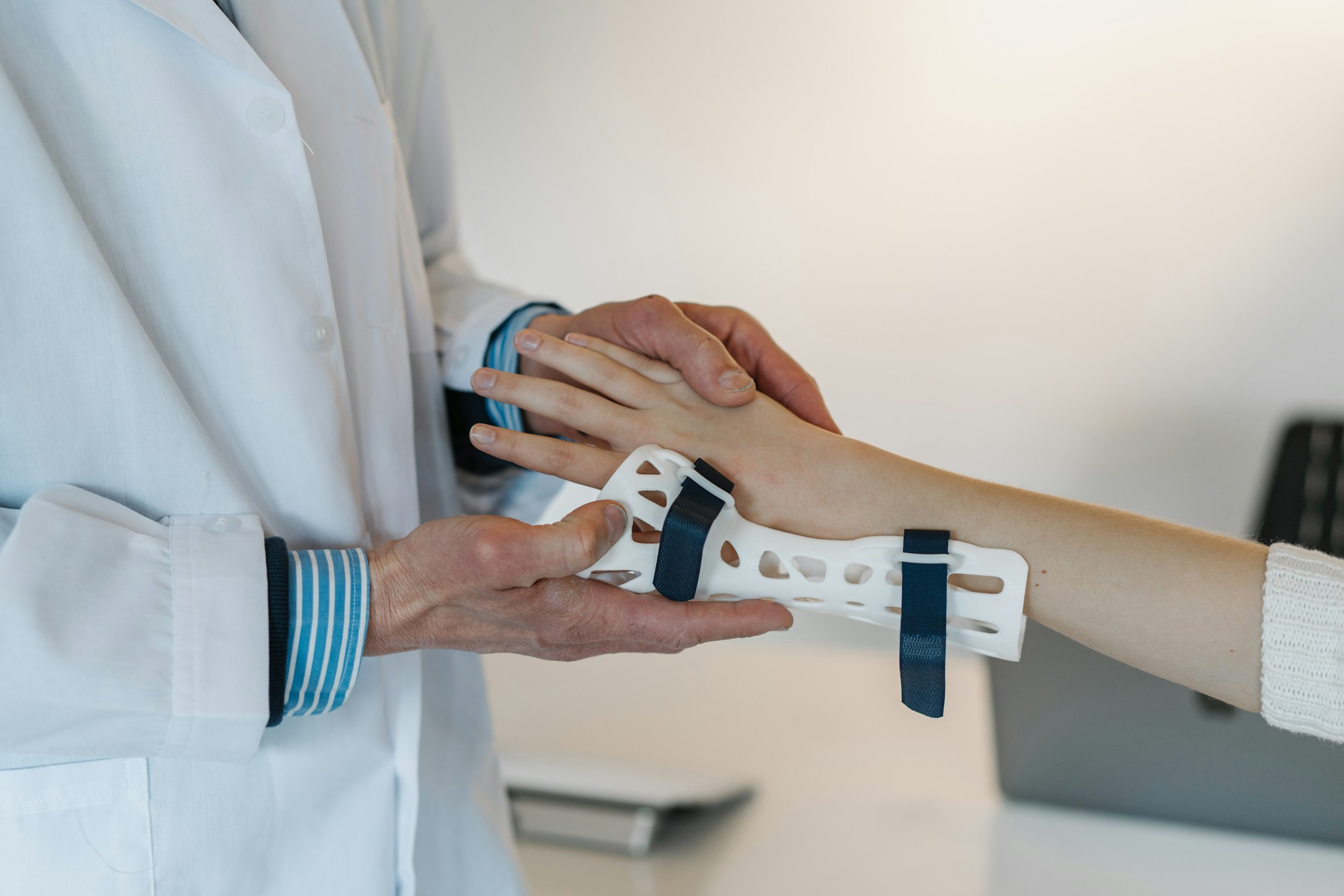How to stay fit while aging

Table of Contents
Track athletes in their 40s to 80s share tips on exercising as you get older
Here’s their advice on how to keep moving in your 40s, 50s and beyond.
Emphasize rest and recovery
An important part of masters running is listening to your body. When 78-year-old Roger Pierce was younger, he figured he could train through injuries. Not anymore.
“When you’re older, you have to really be aware,” he said. “When you have pain, you have to deal with it; treat it, rest, don’t try to run through it.”
Pierce, who is retired and lives in Rowley, Mass., ran cross-country and track in high school and was a sprinter at Northeastern University in Boston. After about 15 years off from the sport, he started running masters track at 39 and has set several age-group world records.
“Recovery is as important as your training,” he said. “I’m okay with backing off and taking a couple days off to recover.”
Charles Allie, a 75-year-old retired shop teacher from Pittsburgh, agrees. The former Hampton University track athlete said it’s important to understand your body. “You have to do what works for you,” he said. “Know your body and just know what you can do. You don’t have to practice every day.”
Focus on injury prevention
To stave off injuries, several masters runners incorporate other forms of movement into their routine. Jen St. Jean, 48, of Darien, Conn., does prehabilitation exercises such as yoga, core exercises and foam rolling. St. Jean, a track alum of the University of Massachusetts at Amherst and former professional runner for Reebok, also goes to a physical therapist once a week.
St. Jean, a mother of two, said she started focusing on strength and flexibility after undergoing a hysterectomy about a decade ago. “It opened up my mind that there was more that needed to be done than running every day,” she said.
Nathalie Jones, one of St. Jean’s teammates on the Central Park Track Club, uses weight training as part of her injury-prevention routine. “I did not like to do weight training, but I finally got into it four years ago, due to a torn meniscus,” the 48-year-old Manhattan resident said. “Leg curls, squats, hamstring curls. I do a lot of weight training of my glutes and my core.”
Masters runners take their warm-ups seriously because of the explosive work required of some track disciplines. For William Yelverton, 62, of Sewanee, Tenn., that means plenty of “dynamic stretching” such as leg skips and leg swings.
“Muscle activation is important,” he said.
Be kind to yourself if you can’t run like you once did.
Andrea Collier, 56, graduated from Florida State University as a four-time all-American and competed at the 1988 U.S. Olympic Track and Field trials in the 100-meters. The Orlando resident, who works as a security manager for the Federal Emergency Management Agency, has different goals and expectations now.
“You have to realize you are getting older, that you cannot do the things you did as a younger person,” she said. “For me, my mind-set is that I am just competitive mentally. I want to win just as much as I did as a young person, but within reason.”
She finished third in the women’s 40 and over 100-meter dash last month in 13.68 seconds, a competitive time for her age, but several seconds off what she ran in college.
“Don’t try to compete with your 20-year-old self,” Collier said. “Set goals for where you are now, and keep building from there.”
Sleep deprivation can impair the body’s functioning. Easter Grant, who turned 40 in March, tries to get close to eight hours of sleep a night. The Toney, Ala., resident and applications programmer competed at the University of Alabama in Huntsville and said that when she was younger, she could “get away with a few hours of sleep, partying all night and then a track meet in the morning.”
That’s no longer the case.
“If you don’t get enough sleep, you’re going to run like trash,” she said.
Some masters runners pick up the sport late in life.
Racing at the Penn Relays, which includes races for high-schoolers, collegiate athletes, Olympic hopefuls and masters athletes, had been on Nyok-Kheng Lim’s bucket list ever since she moved to Philadelphia in 1970. But for decades, Lim thought the masters race was only for runners 80 and over.
“So I waited until I was 80,” said the 81-year-old native of Malaysia.
Lim competed at the event for the first time last year. “I was more or less competing against myself,” she said. Lim finished seventh out of seven competitors this year in the women’s age 60 and older 100-meter dash, but she was the only woman 80 or older.
Josh Buch, 86, started playing tennis in his mid-60s, and it would be another decade before his first masters track event. “We should always continue to look forward to doing new things,” said Buch, a finance and international business professor at La Salle University. “Now, I’m hooked.”
The oldest runner this year was 95-year-old Ed Cox, who finished sixth out of seven runners in the men’s 85 and older 100-meter dash in 24.04 seconds. The winner, 85-year-old Bob Williamson of Lawrenceville, N.J., finished in 17.50 seconds — a time that many runners a quarter his age would be happy to run.
“Don’t count your age. Forget what number it is. That’s the main thing, because it’s mostly in your head,” Williamson said. “Realize that the key to aging is to keep moving.”
correction
An earlier version of this article incorrectly stated the age of Ed Cox as 96. He is 95 years old. This version has been corrected.










